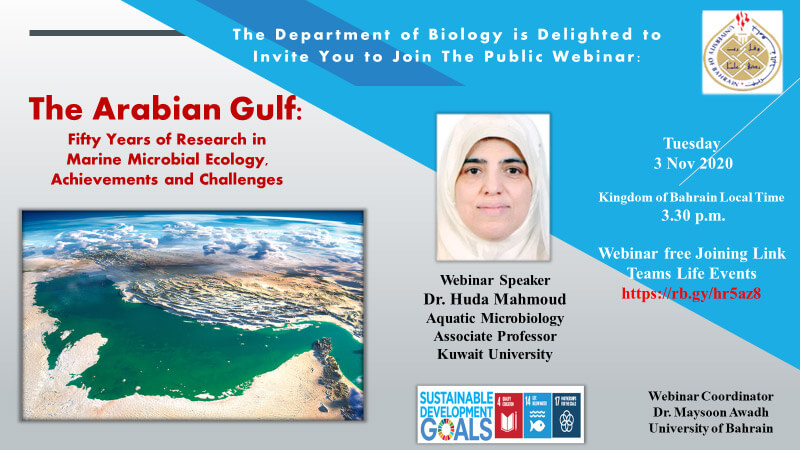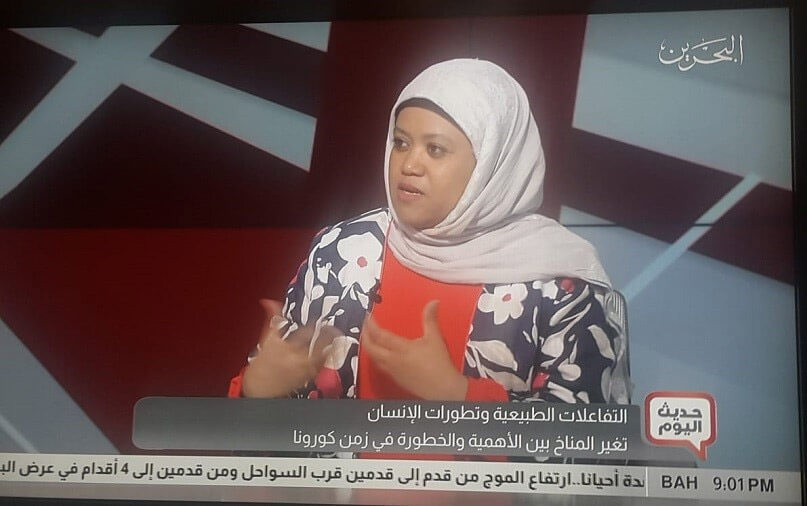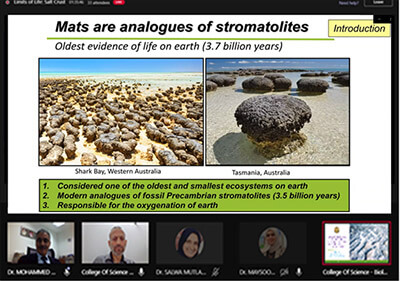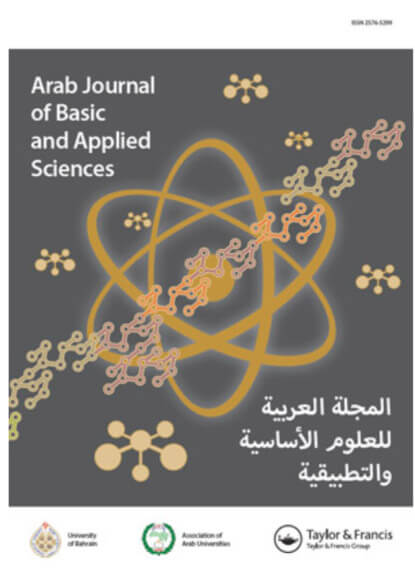NEWS
Low Rate of Breastfeeding Among Working Mothers
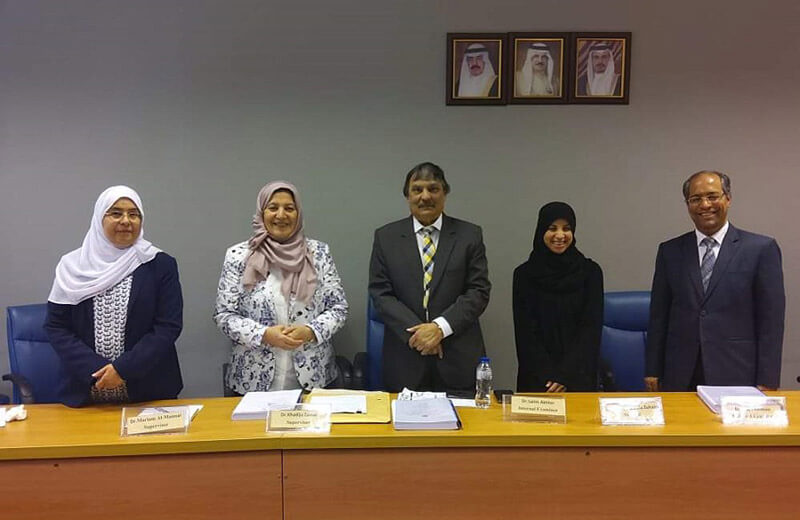
Low Rate of
Breastfeeding Among Working Mothers
A Study at UOB
Recommends Re-Reviewing the Law on Maternity Leave and Breastfeeding Hours
24 February 2020
A study conducted at the
University of Bahrain (UOB) recommended that the law on maternity leave and
breastfeeding hours should be re-reviewed in the Kingdom of Bahrain, after the
study confirmed the low rate of breastfeeding among working mothers, which is
lower than the rate recommended by the World Health Organization.
The study was under the title
“The Effect of Maternity Hours and the Obstacles to Exclusive
Breastfeeding Among Working Mothers in Bahrain”, which found that one of
the main obstacles to continuing the breastfeeding process is the low level of
breast milk production after returning to work, and the lack of a sufficient
break to pump breast milk in the workplace, the lack of places designated for
that, and the denial of maternity hours, stressing that pumping breast milk at
home increased the chances of continuing the breastfeeding process after
returning to work, recommending the necessity of providing facilities for that,
such as establishing private places at work to support breastfeeding to help
mothers continue the breastfeeding process.
The study found that 34.7% of
mothers still practiced breastfeeding before returning to work, and that 16.6%
of the study sample continued to breastfeed after returning to work, while 42%
of mothers used mixed feeding, and 41.5% of mothers completely stopped
breastfeeding after returning to work.
Also, the study showed that
mothers who started work after maternity leave (60 days) or after 3-4 months,
are 7.2 times or 3.5% more likely to use mixed feeding as compensation for
breastfeeding.
The study was conducted by the
researcher in the Department of Life Sciences at the College of Science at UOB,
Zainab Ali Zuhair, as part of the requirements for obtaining a master’s degree
in Nutrition and Dietetics, and it was applied to 386 working Bahraini mothers,
who had children between the ages of two months to 24 months.
The discussion committee
consisted of the head of the Disease Control Department in the Public Health
Department at the Ministry of Health, Dr. Adel Salman Al-Sayad, as an external
examiner, Professor of Physical Chemistry at the College of Science at UOB,
Prof. Mohammed Salim Akhter, as an internal examiner, as well as Dr. Khadija
Abdullah Zainal and Assistant Professor in the Department of Mathematics and
Statistics at UOB Bahrain Prof. Dr. Mariam Ahmed Al-Mannai as supervisors.
Sustainable Development Goals
3 Good health and well-being
4 Quality education
17 Partnerships for the goals
Key words
Re-reviewing the law on maternity leave and breastfeeding
hours in the Kingdom of Bahrain, a study at the University of Bahrain, low rate
of breastfeeding among working mothers, the World Health Organization, reduced
breast milk production, Department of Life Sciences in the College of Science,
University of Bahrain

